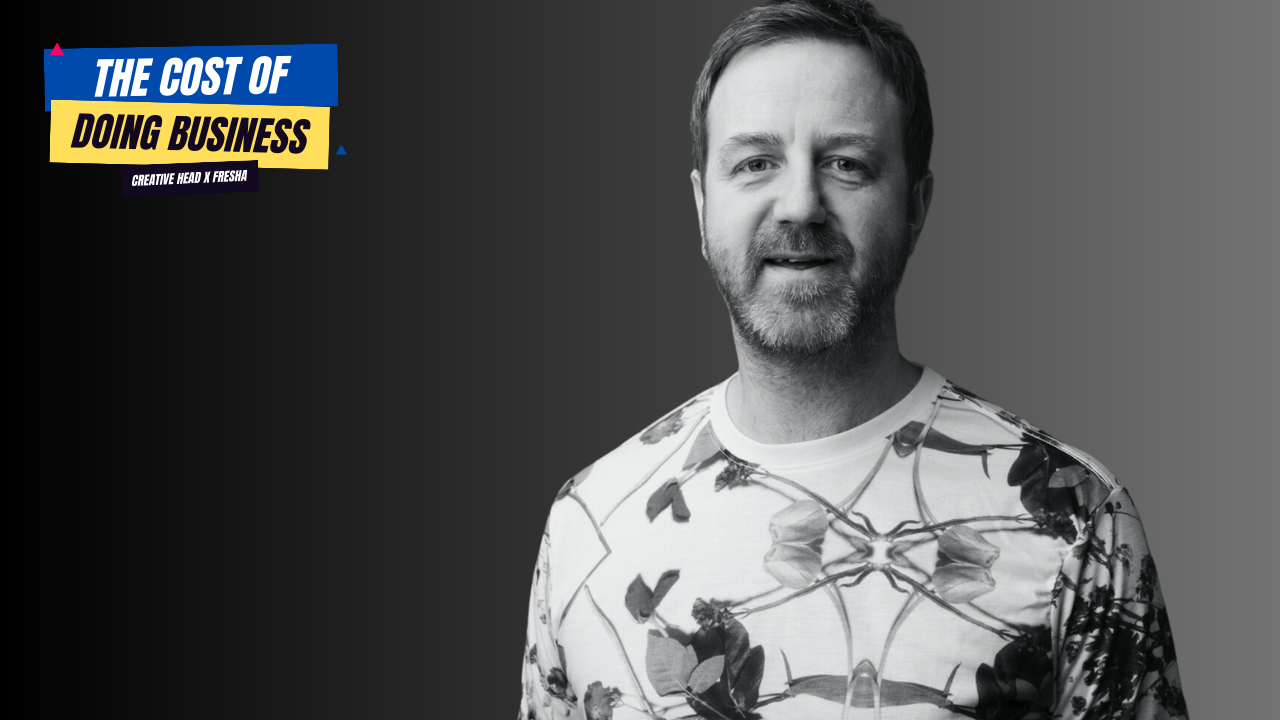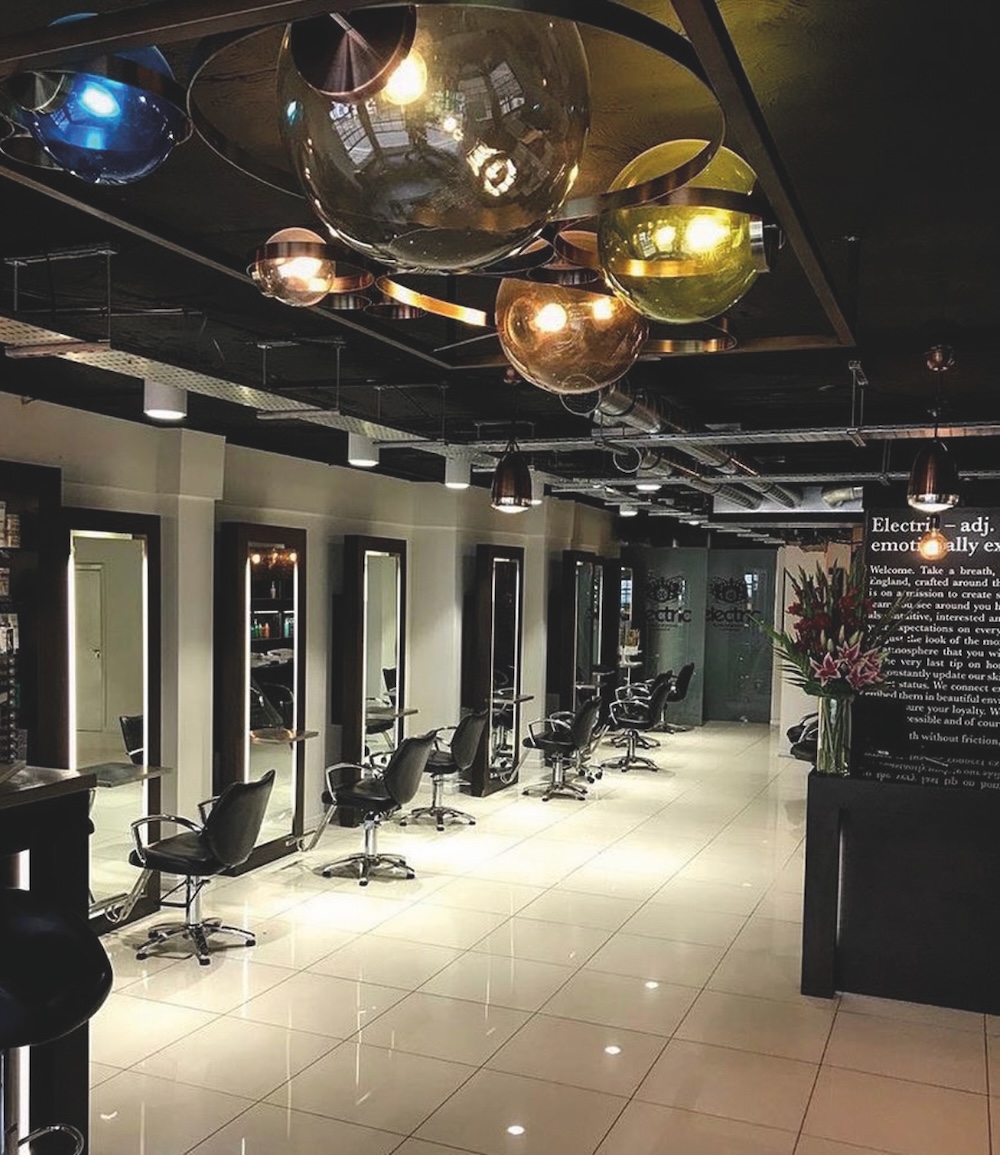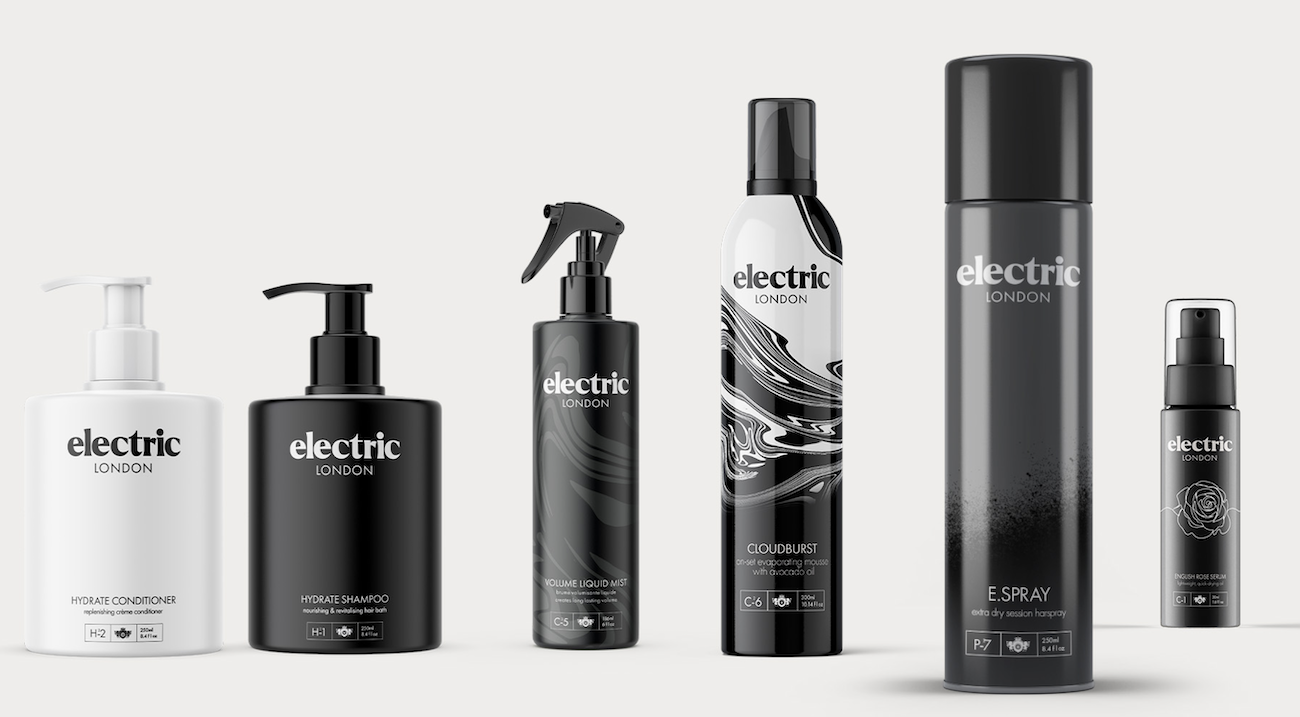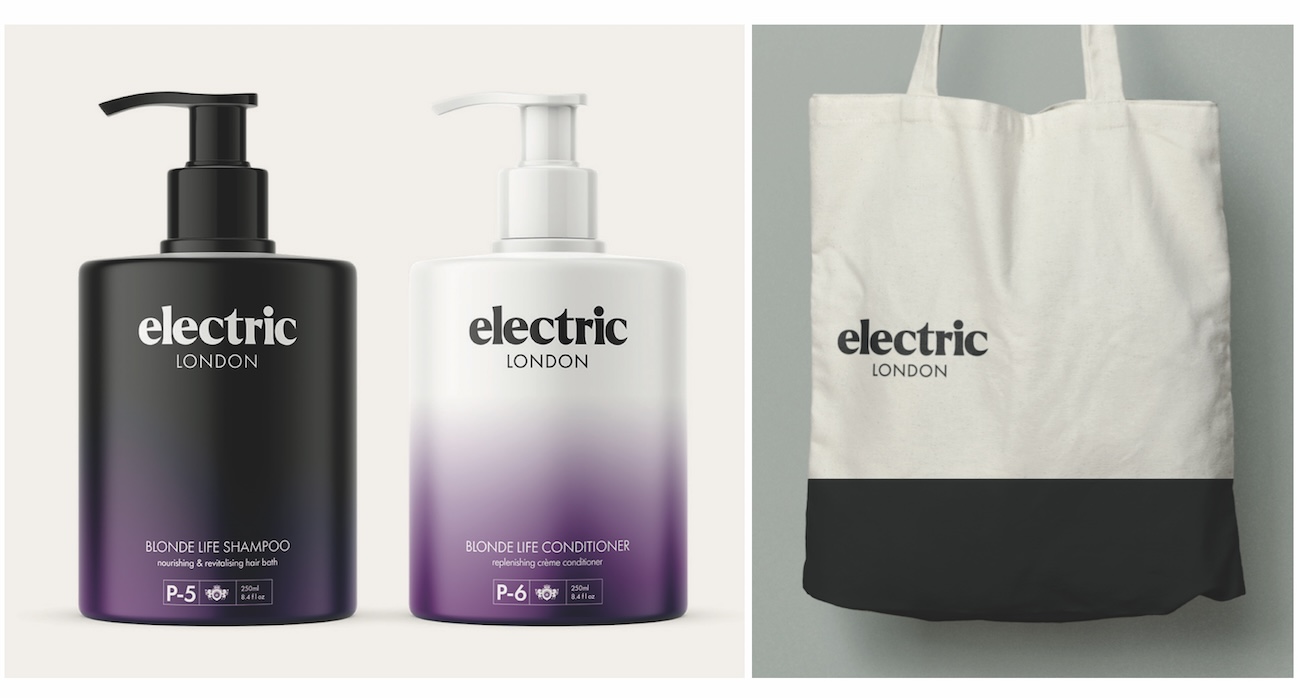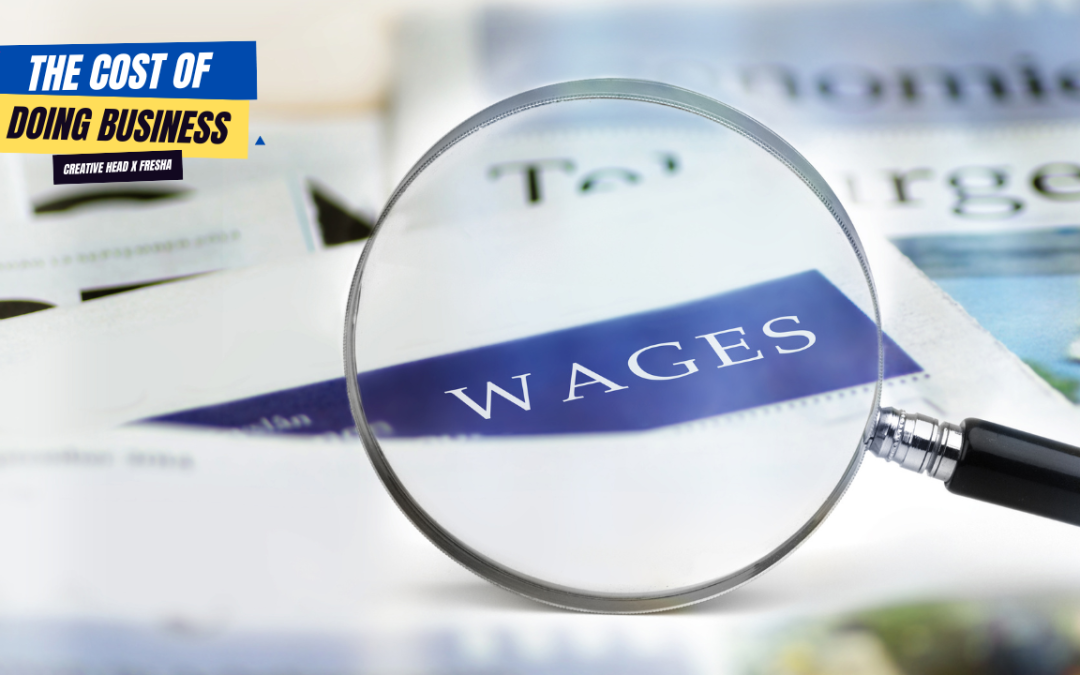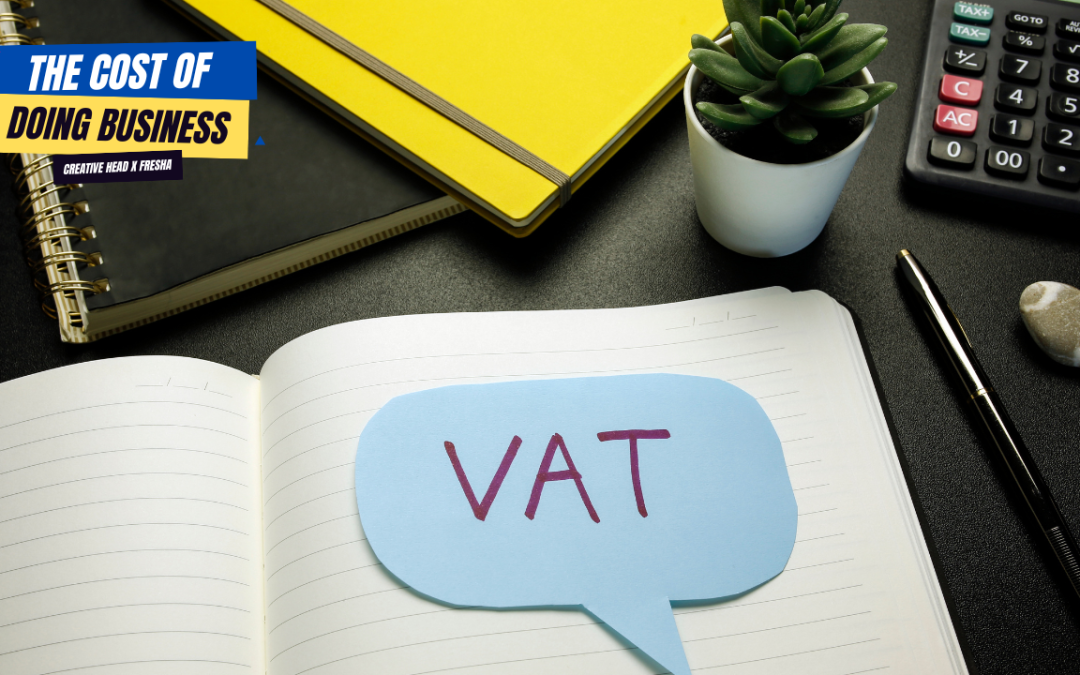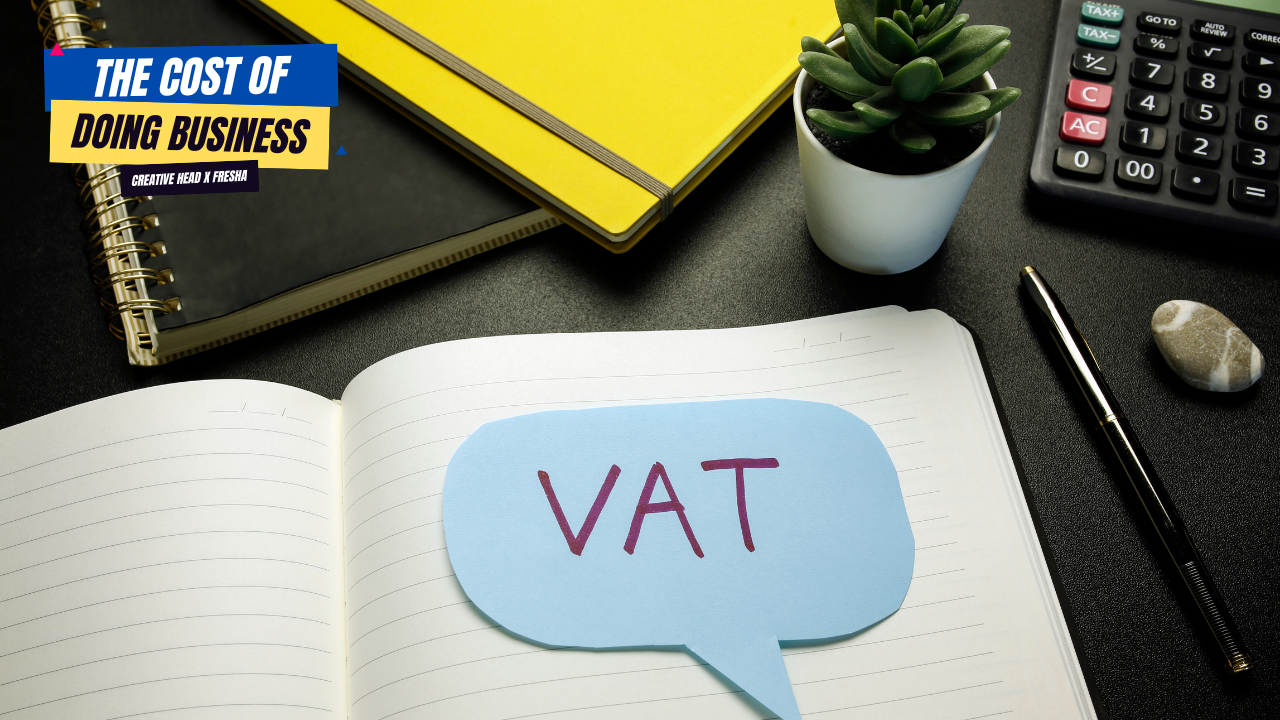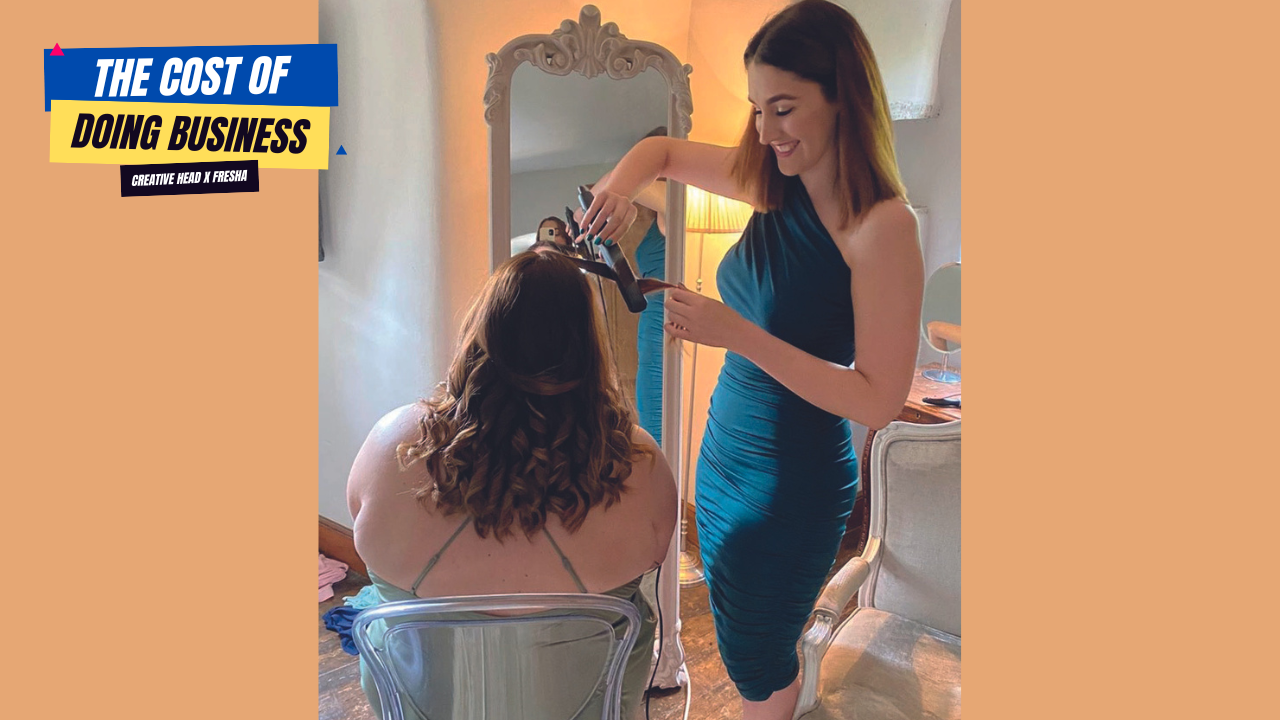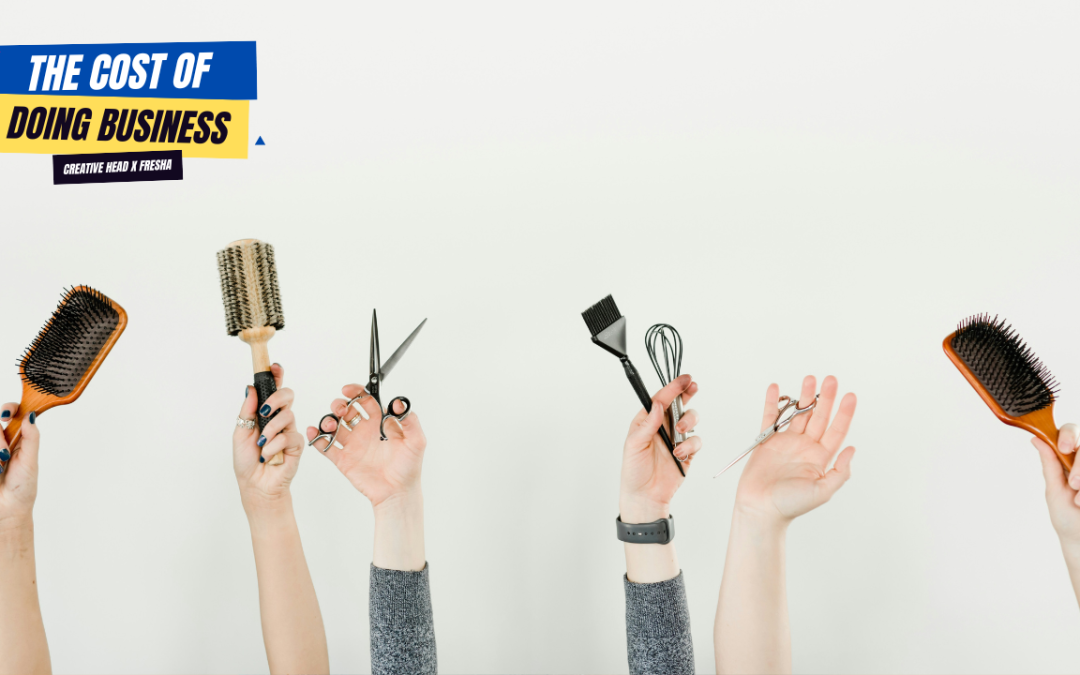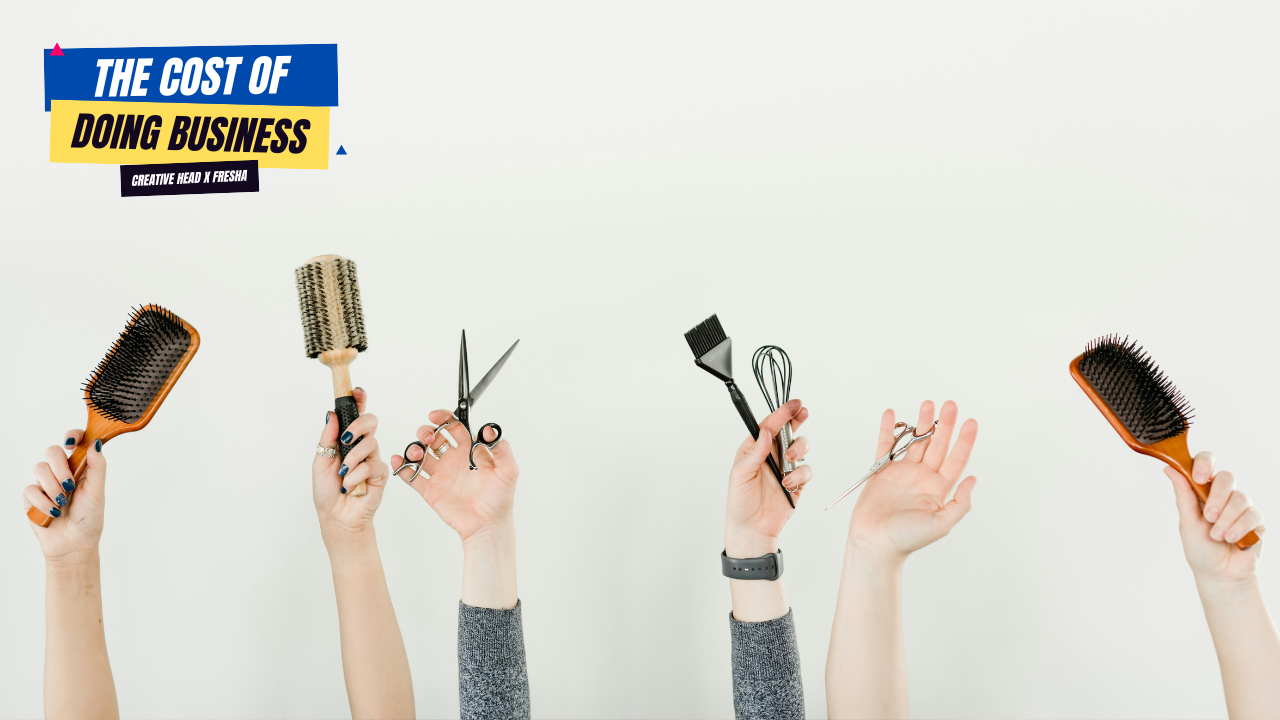What made you decide you wanted to set up your own business?
Even when I was a young kid, my aim was to do a creative job where I could own and run my own business around it. When I met the guys from Saks, I realised I could do this within hairdressing. Luckily, I fell in love with doing hair straight away and by 1996 I was the owner of my first Saks franchise salon. Over the years, I continued to feel more attached to the creative side of hairdressing, as opposed to the business model, and I increasingly felt like I wanted to build my own brand. In 2005 I took the plunge, left Saks and opened my own independent salon.
The name – Electric. How did this come about?
The word Electric describes the energy around everything we do. Originally it was describing the atmosphere in our salons, where a client would meet somebody very accomplished, but this person would be warm, welcoming and friendly. We would also play great music, serve great drinks and we’ve always had a very positive team, and that makes the atmosphere. It was important to me that my business wasn’t named after me. I wanted it to be democratic.
What was your goal back then? What did you set out to do differently?
The goal was to establish a cool, independent brand. In fact, I had already opened a studio and called it Electric Studio while I was still at Saks, so the immediate goal was to build that up and to be honest, a product line was always in my mind from the outset. In terms of building Electric, I have always looked outside of the industry for inspiration – music, art, fashion, chefs. They all mix business with creativity and how they develop their personal brand is incredible. The concept of building a community was inspired by Nick Jones’s members’ club Soho House; how to create a hub around a product line, that definitely came from Michael Gordon’s House of Bumble – it always blew my mind how he had these incredible hairdressers, like Howard McLaren, Garren and Jimmy Paul working there, using his products. And Anthony Mascolo has always injected excitement into the industry, whether through his photography with Toni&Guy or the incredible shows he delivered with TIGI. I set myself goals when I launched Electric, and I religiously set new goals every year to keep improving and also to have something for me and my team to aim for. The goals I set for myself now are very different to the ones I set at the beginning. You’ve got to stay fresh.
Was there a specific moment when you felt you’d achieved success in business?
I don’t think I’ve got there yet. There have been a few things we’ve celebrated along the way: the first salon, the launch of Electric products, the opening of Electric Studio, launching the brand in the US, opening Electric Space, buying Falmer Court… But it still feels like there’s so much more to do and compared with the people I’ve admired along the way – Anthony Mascolo, Michael Gordon and Nick Jones – we are not even out of the starting blocks.
What’s the biggest risk you’ve taken in your business?
[Laughs] My latest project!
Have you always enjoyed your business, or have there been times when it’s caused you sleepless nights?
I’ve been genuinely frightened a few times, but I always managed to sleep. I think there needs to be a bit of fear because that’s what compels you to make the decisions you need to make. As I’ve got older, I realise I’m at my best when I’m on my toes.
In business, what do you believe is your greatest strength?
People. I like working with people and seeing them develop. I believe everyone who works for Electric truly feels part of something and we are working on it together.
Anything you wish you’d done differently?
I’ve made plenty of f**k ups, but I don’t regret anything. It might sound like a cliché, but the important thing is to learn from your mistakes.
What’s next for Electric?
I want to build on everything we have started building. I want to grow Electric in North America. I want to open Electric Space in New York. I believe Electric products can become a global brand. I want to push this as far as we can.
How do you relax away from the business?
A real mix of things, from spending time with my family to painting. I really love art and I’ve produced it for as long as I can remember. I like staying fit, so you’ll often see me going for a run in the morning and hitting the boxing gym. I love music, I love classic cars and I feel lucky that I also love most of what I do for my job, like cutting hair and creating imagery. There’s nothing more satisfying than feeling I’m building the brand.
And finally, is it too early to think about succession plans for Electric? Who might be next in line to take up the helm?
The great thing about Electric being a brand is that other people can be successful within it. In lots of ways it’s a family business, with members of my own family involved, but some of my team that have worked with me for years are part of that family too, and I think we can continue to grow Electric long into the future. I often get asked, What is my exit plan? The honest answer is, I don’t have one.







